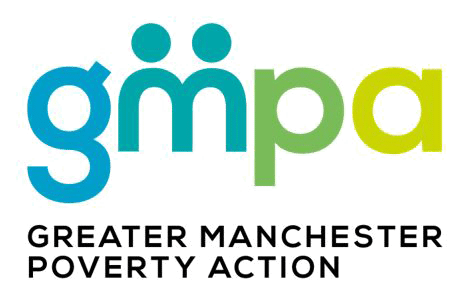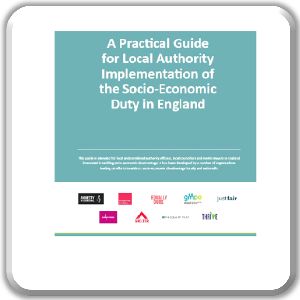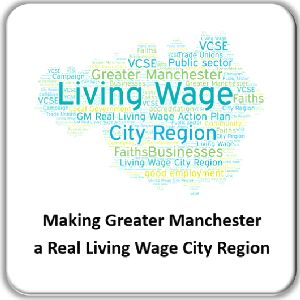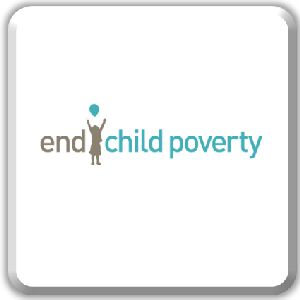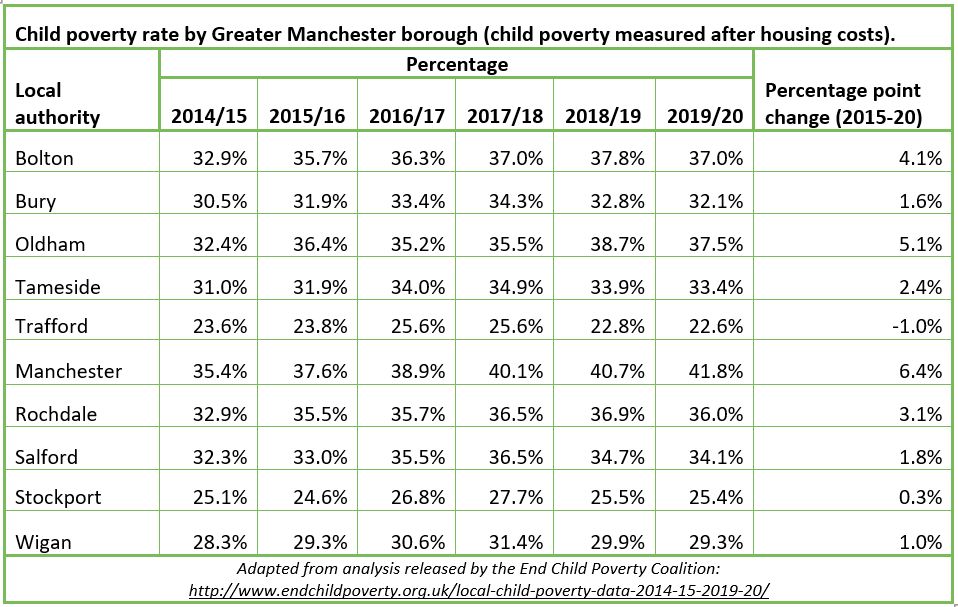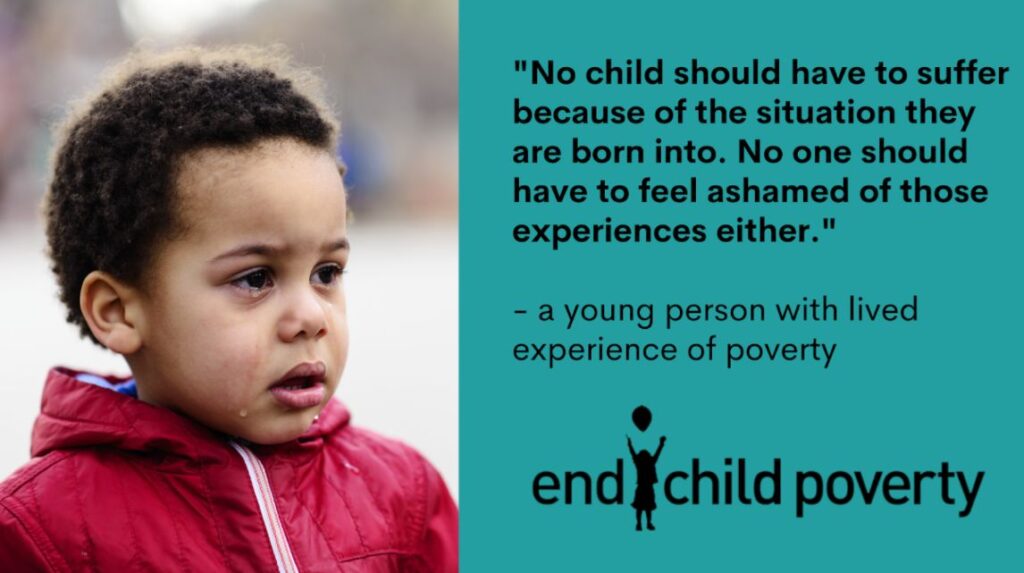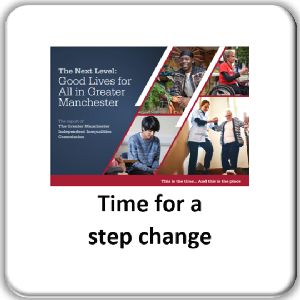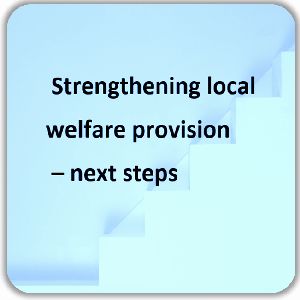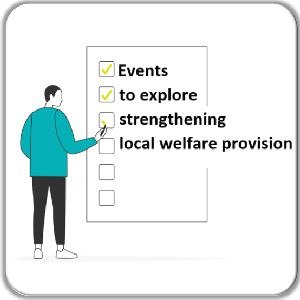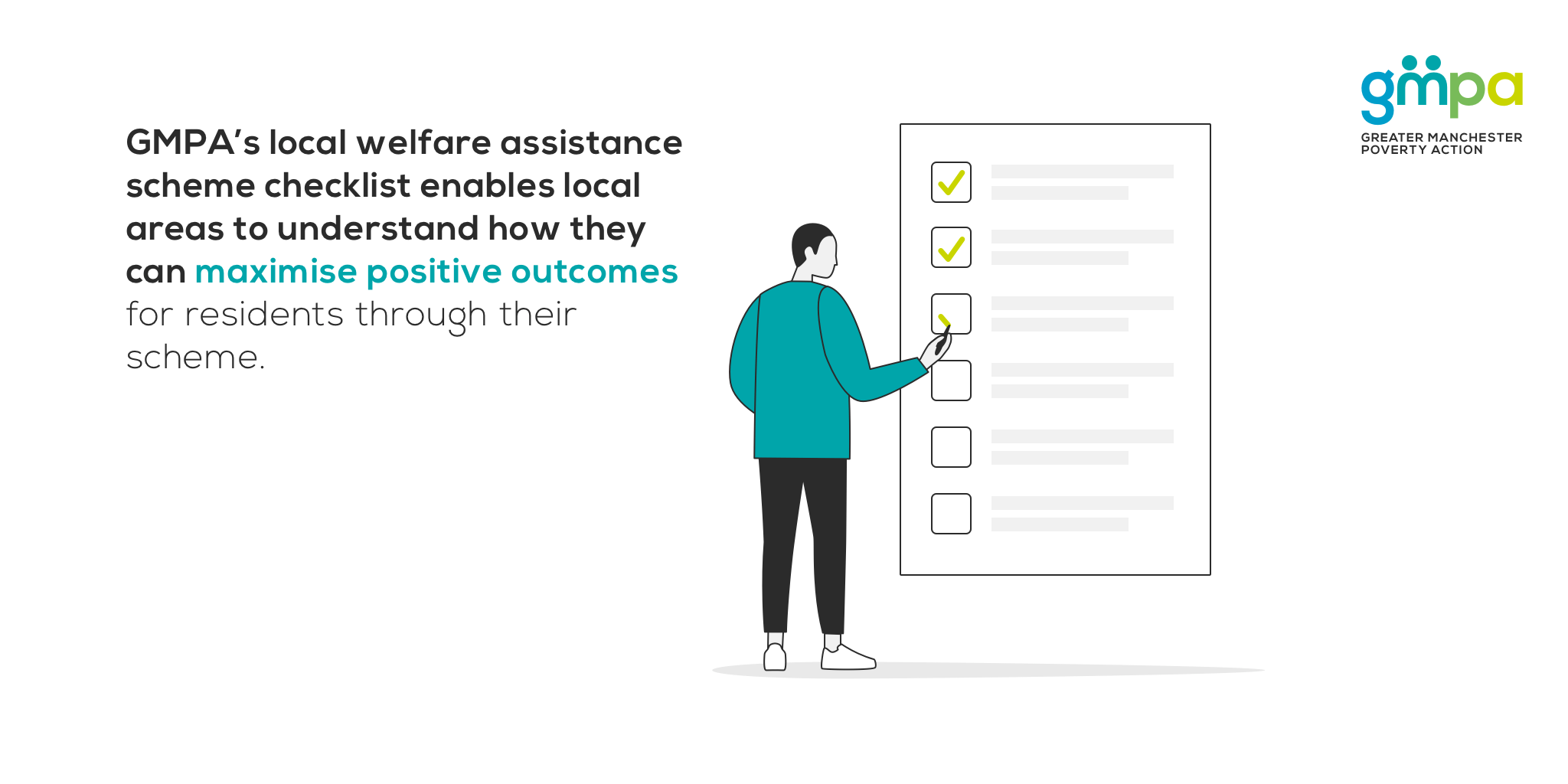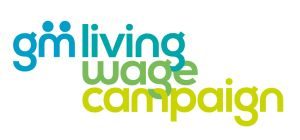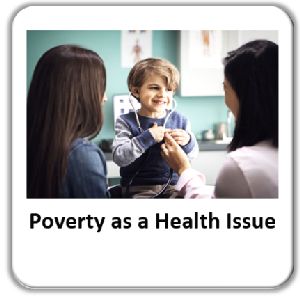By Simon Watts, Public Health Registrar on placement with GMPA
Poverty can cause ill health, but ill health can lead to poverty. We are seeing this more visibly with Covid-19, but this was apparent before the pandemic. As apublic health professional, I am passionate about preventing ill health. This short piece argues that poverty is one of the root causes of ill health and that these two large areas of public policy should not be considered in isolation.
Poverty can cause ill health in several ways. Through my recent research into local welfare assistance I have heard stories of residents living in cold, carpet-less, houses and not being able to afford to eat or pay their bills. These stories have clear links to poor physical and mental health and show the importance of strong welfare support in preventing ill health. Good housing, education and fairly paid jobs are also some of the things that will reduce poverty and protect people’s health longer term. These societal factors have a direct impact on health, but often aren’t talked about in the context of health. Improving health is about the NHS, right? Partly, but the NHS treating illness is only part of the picture. And, treating ill health is usually more expensive than preventing ill health in the first place.
Investing in poverty to improve health
Those on the lowest incomes are more likely to be in poor health and more likely to access emergency healthcare services. This is extremely distressing for the residents it impacts and their families, but it also puts pressure on local health budgets. This has been the case for a long time, but more could be done to change it. Investing what little funds there are available locally to reduce poverty could improve resident’s health and save CCGs and local authorities money in the longer term.
Similarly, we invest in a range of public health advice about how to lead a healthy lifestyle; what to eat, the need to take the right amount of exercise. However, we know that some groups are less able to act on this advice, particularly those on lower incomes who might face additional pressures and stress, so the health gap between low and high income groups widens further (Naidoo & Wills, 2016). Why is that? If your material, basic needs aren’t being fulfilled, why would a balanced diet, or taking regular exercise even be on your mind? Health is not a choice when you are struggling to make your rent or feed your family. Trying to tackle important lifestyle issues without tackling poverty will fail and will leave some lower income groups behind.
If we don’t tackle poverty as one of the underlying causes of poor health, we will continue to pour money into health treatment services without addressing one of the key root causes of that ill health.
There are positive examples of progress though. Across Greater Manchester there are a range of services which work with residents to help improve their circumstances. One of these services, Focused Care, work with residents to support them with underlying challenges in their lives such as housing issues or benefits; when these issues are resolved residents may then have the space and time to focus on their longer term health.
Similarly, my recent work on local welfare provision in Greater Manchester has identified some local authorities which offer strong support for those in financial crisis, helping people get back on their feet and improving their mental and physical health as a result. But access to that support is variable across the city region.
Local authority leadership and governance around poverty mitigation and reduction is needed to improve living conditions, and ultimately health. There are Greater Manchester authorities which have strong structures in place to help reduce poverty, led by elected members, but in some authorities poverty appears to be less engrained in decision making. It is worth looking to Scotland, where action plans on poverty reduction are a mandatory requirement for each local authority, as well as the need to consider inequalities in every policy decision through the Fairer Scotland Duty.
Targeted health interventions can reduce poverty
Poor health can also cause poverty, through no longer be able to work for example. Ideally more ill health would be prevented in the first place, which would reduce financial hardship but, as discussed, preventing ill health is complex. However, the health system can help prevent more severe illness if practitioners know about warning signs and symptoms early enough and work with individuals to manage them.
An example of innovation in this space is a GP pilot in Greater Manchester, funded through the commissioning improvement budget. The pilot involved contacting residents who hadn’t visited their GP for several years, starting with those who had historic risk factors such as high blood pressure or a history of smoking. If those residents didn’t respond, they were followed up, even if that meant multiple phone calls or a home visit.
Traditionally a patient might not have been followed up if they couldn’t be reached three times. Changing that approach meant GP practices persistently seeking out residents who wouldn’t normally engage, helping them proactively manage their health issues, which if left unmanaged could have resulted in a health crisis. The pilot was disrupted by COVID-19, but this approach is supported elsewhere and could help reduce severe illness and the associated financial hardship.
Conclusions

Simon Watts
I am convinced that a strategy of proactively supporting the health of our most vulnerable residents will make a positive impact on their health and wealth, when complemented by a wider ranging, local-authority-led poverty mitigation and reduction strategy that targets the underlying causes of poverty. This should be supported by poverty and health being considered in all policy decisions.
The cost of not addressing poverty could be higher from a health and societal perspective than investing in interventions that can reduce poverty. Using elements of the healthcare budget, such as commissioning improvement funds, to support vulnerable groups and poverty reduction could reduce pressure on the healthcare budget longer term.
